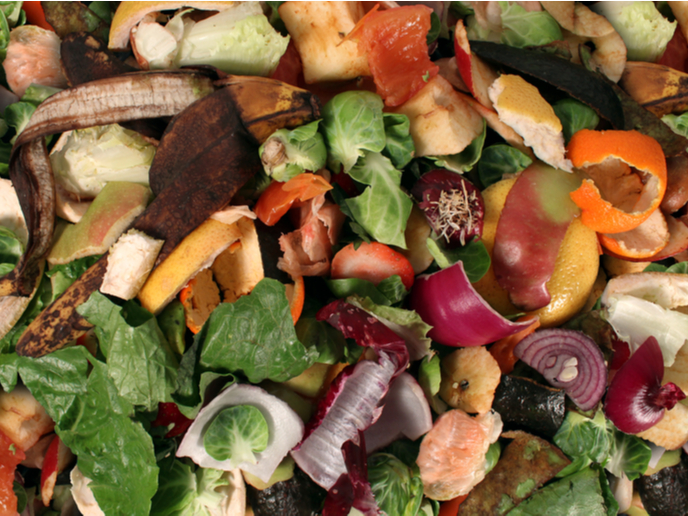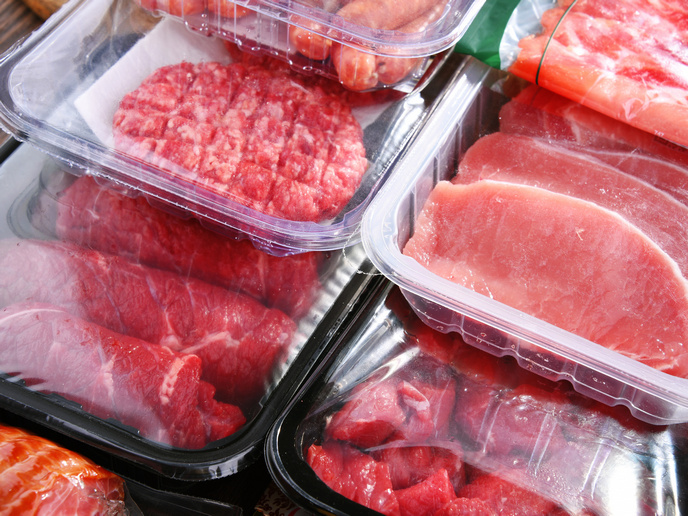Localised circular economies for urban biowaste recycling could have global impact
People in cities produce a lot of solid waste and, unfortunately, the amount of waste each person generates is increasing even faster than the number of people in cities is, creating a snowballing problem. Organic waste accounts for more than 34 % of municipal solid waste in Europe. The EU-funded DECISIVE project developed decentralised solutions for biowaste management that produce local energy and organic products including fertilisers and biopesticides for use in urban or peri-urban farms.
Small solutions with out-sized impact
“Urban biowaste – which is mainly food waste – is both a challenge for waste management and an opportunity due to the energy and agronomic potential of its high organic matter content. DECISIVE implemented two key technologies for decentralised valorisation of biowaste exploiting this potential,” says Anne Trémier of the French National Research Institute for Agriculture, Food and Environment (INRAE) and DECISIVE project coordinator. Anaerobic digestion of organic matter via microorganisms produces a methane-rich biogas that can be used to meet heating or electricity needs. DECISIVE’s microscale digester concept uses little energy and water and is simple enough for a lay person to operate. The remaining solid organic matter is valorised using solid substrate fermentation (SSF), an aerobic process also harnessed by composting. SSF creates a waste recycling loop and requires less water than conventional industrial fermentation processes. With it, DECISIVE produced an organic fertiliser and a biopesticide for vegetables. A pilot at the Agricultural High School of Ecully-Dardilly in Lyon is valorising food waste from local restaurants and canteens to support the school’s urban vegetable farm.
Technology with a turbobooster for successful launch
“To make the most of these technologies, DECISIVE has created a decision support tool targeting communities, design offices and waste facility operators that is freely available on the project website,” adds Trémier. For a selected biowaste management system, it quantifies relative transport intensity and matter and energy recovery. It then produces an environmental assessment including impact on climate change and toxicity as well as an economic assessment of the costs. A social assessment of the required waste supplier(s), labour and space and a regulatory requirements analysis are also outlined. The tool also assists in planning the best location for microscale treatment and linked waste collection loops in a given area.
A circular economy for urban biowaste
DECISIVE has attracted the interest of communities, citizens’ associations, private waste organisations and the EC itself, which referenced one of DECISIVE’s publications in its Brief on food waste in the EU. Trémier concludes: “DECISIVE explored a completely new concept for sustainable development of communities. Decentralised and local urban biowaste valorisation, organised as a network, reduces the impact of waste collection (road traffic and environmental emissions) by promoting new collection solutions (green mobility). It promotes local food production using organic fertilisers from biowaste. Finally, it creates jobs for biowaste collection and treatment and local farming.” With organic waste accounting for almost half of all municipal solid waste globally, DECISIVE’s digesters could soon be cranking out energy and organic products supporting greener cities, literally and metaphorically.
Keywords
DECISIVE, biowaste urban biowaste, energy, solid waste, solid substrate fermentation (SSF), food waste, anaerobic digestion, circular economy







